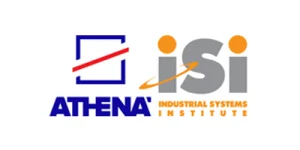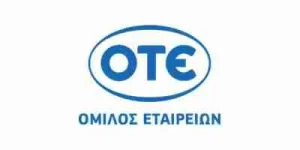
Keep up to date with our innovative initiatives.
Sign up here

Started at: 01-01-2023
Ends on: 31-12-2025
Budget: € 8 849 599,50
Areas: Cybersecurity & Blockchain
6G networks, currently only existing as concepts, are envisioned as portals to a fully digitized society, where the physical and virtual world are blended via boundless Extended Reality (XR), and as an enabler for the Digital and Green transformation of the European Industries. The network capacity must be increased by at least an order of magnitude to support this vision, while infrastructures must be transformed into a dense continuum. Thus, academia and industry have focused on investigating a new generation of Smart Networks and infrastructures. To win this race towards shaping the next-generation communication ecosystem, a new generation of testbed infrastructures, breakthrough research and technology development is needed, and a new generation of testbeds to support future research initiatives. To this end, 6G-BRICKS aims to deliver a new 6G facility, building on the baseline of mature ICT-52 platforms, that brings breakthrough cell-free and RIS technologies that have shown promise beyond 5G networks. Moreover, novel unified control paradigms based on Explainable AI and Machine Reasoning are explored. All enablers will be delivered as reusable components with open APIs, termed “bricks”. Finally, initial integrations with O-RAN are performed, aiming for the futureproofing and interoperability of 6G-BRICKS outcomes.
Within the project, the i2CAT Foundation will play a crucial role in the Work Package 4, “Au Experimentation facility management, Domain and Security Orchestration”. Particularly, i2CAT will lead Task T4.4, “Zero-trust security as a service”, where researchers will focus on developing the Security Orchestrator (SO) and zero-trust mechanisms. The SO is responsible for the overall end-to-end security and trust management per service/slice across multiple domains. The SO will enable a security/trust intent input per service to formulate respective security policies and trust establishment mechanisms. This will be achieved by first evaluating the security/trust functionalities required as per the service and, secondly, formulating a security/trust policy to be reinforced across the service in the form of deployment of certain security/trust functions. The system will leverage NFV and SDN, along with Cloud-native technologies, to manage the operation-time lifecycle of virtualized security services. It will be leveraged in deploying VPN as a Service for simplifying the secure interconnection of 6G sites. Moreover, this task will deliver a zero-trust solution via software-defined perimeters. Specifically, an SDP Controller service will be interfaced with the SO to dynamically define perimeters for authenticated users via SDP gateways deployed at the 6G sites.
Funded by the European Union. Views and opinions expressed are however those of the author(s) only and do not necessarily reflect those of the European Union or the Smart Networks and Services Joint Undertaking as granting authority. Neither the European Union nor the granting authority can be held responsible for them.


















6G-BRICKS project has received funding from the Smart Networks and Services Joint Undertaking (SNS JU) under the European Union's Horizon Europe research and innovation programme under Grant Agreement N° 101096954